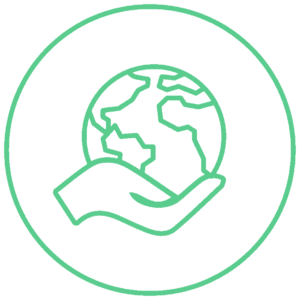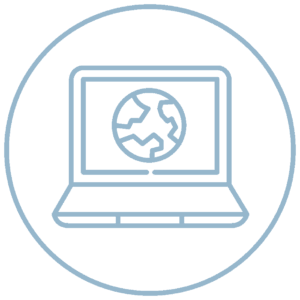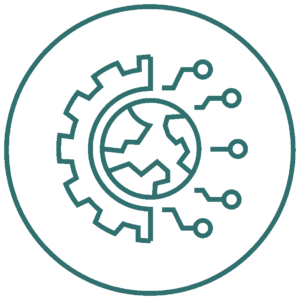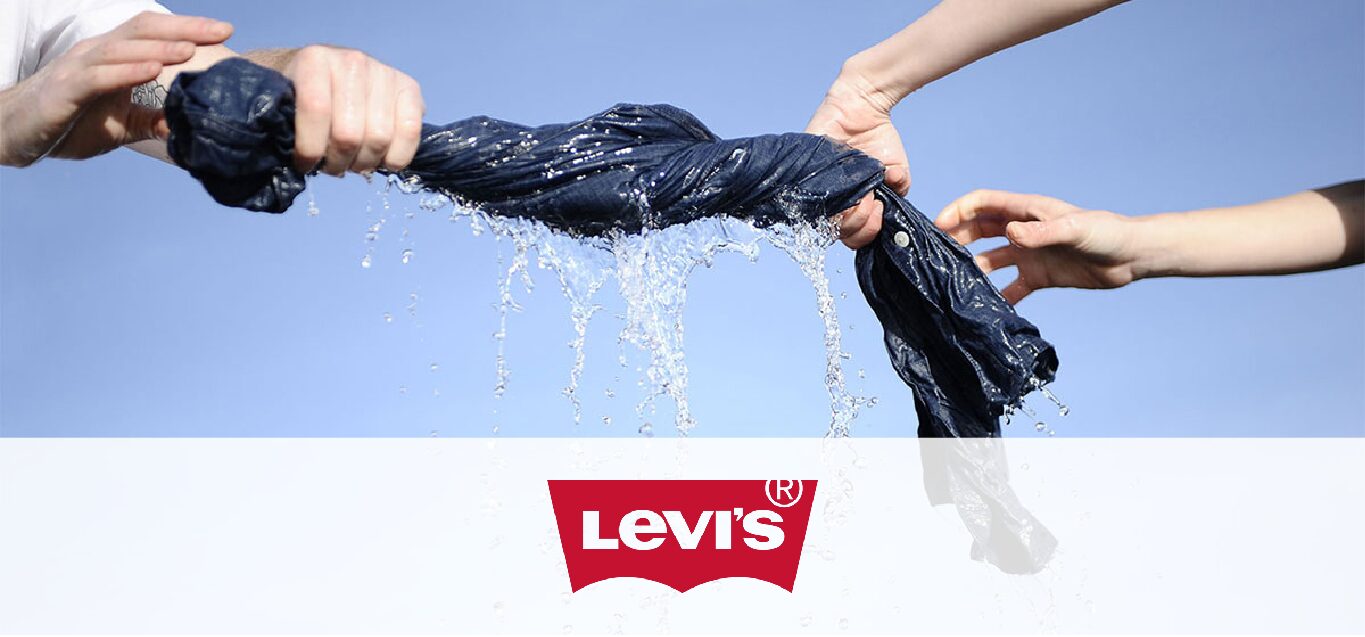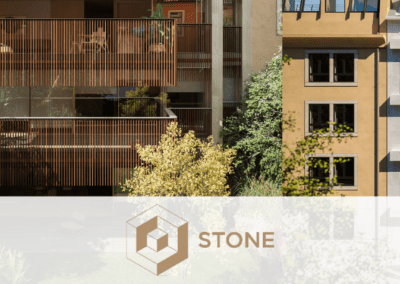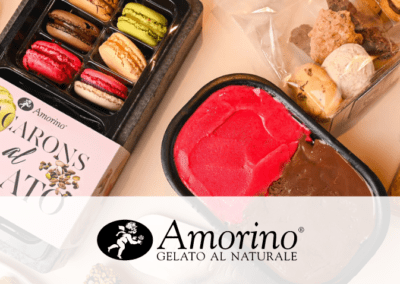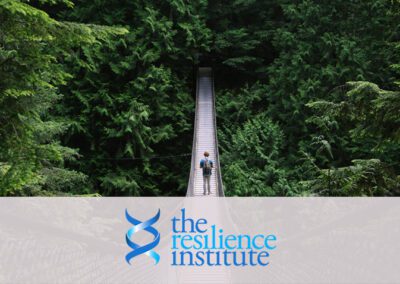CASE STUDY
L’Oréal Garnier Consumer Education & Engagement at Scale
Implementing Digital Technologies that enable to tackle Scope 3 Downstream Emissions with the empowerment of the end consumer to take is share of the emissions reduction.
#Sustainability #Impact Analytics #Digitalization
IMPACT
Client
L’Oréal is the global leader in Cosmetics, a leader in Digital Transformation, and a strong mover in Sustainability, with many initiatives to tackle its environmental footprint, starting with Carbon emissions, with many recognitions of its commitments regarding Scope 1 and 2, and serious moves to tackle scope 3 that represent more than 90% of the total.
Garnier is the Group’s Brand with the most ambitions to transform its Business Model, having the most important Carbon footprint of all Cosmetics Categories (Hair Care), mostly because of the Scope 3 Downstream Emissions in the end of the Consumer.
From Strategy definition to UX (user experience design) and Technology Integration, we supported the Eco-Design of a Technology Solution that would allow rapid prototyping to deployment at scale.
INDUSTRY
Cosmetics
CLIENTS
LOCATION
Everywhere
Transformation Mission
Sustainability
Engagement of the End Consumer
Impact Analytics
Simple Consumer Information & Education
Digitalization
Design of Front-end UX at Scale
#Sustainability
Engagement of the End Consumer
The use of shampoo in the hand of the end Consumer equates to more than 60% of the total Carbon footprint of the Hair Care category, the highest in Cosmetics.
Together with 11 independent environmental experts, L’Oréal group has developed the very first independent Environmental Labeling program, with Garnier has the first pilot Brand to test it on the Market, with the ambition to educate consumers in choosing transparently the products with least Impact in the Garnier range (with a Transition plan to move most products in the best ratings within a few years – L’Oréal Group contribution), but also to make them understand how they can contribute to the Scope 3 reduction effort, by making a responsible usage of the product
Since that program, Garnier accelerated its Transition by transferring a large portion of the Hair Care business into Dry products that significantly improve the Carbon, Plastic & Water footprint of products.
#Impact Analytics
Simple Consumer Information & Education
With complex 8 dimensions full Life Cycle Assessment of the Brand key products, the challenge was to make the information accessible to the end Consumer, enabling simple decision in the purchase process, both in Store and Online, by providing key information.
Inspired by the Nutri-Score that exist since 2017 in Food, with a simple A B C D E rating and display, L’Oréal engineering a simple system that could apply for every Brand and Category, with a focus on Carbon & Water footprint, with a simple scale & color system to let the consumer compare products in full transparency.After some testing, this system has been rolled-out to the whole range and many other Brand, and will certainly become the standard for the Industry.
#Digitalization
Design of Front-end UX at Scale
Based on selected & tested Consumer Experience, we designed the “atomic design system” envision several potential creation, adaptation, enhancement of website pages & services to serve Sustainability needs for all Brands & Geographies
Minor Adaptation of existing pages (new content order based on context…)
Re-templating of keypages (based on company’s front-end systems: SiteCore & Demandware Reference Applications)
New independent Components creation & integration within existing pages (PIL module for instance)
Impact
Supporting Garnier ambitions to become the most Sustainable Mass Haircare Brand
Garnier has the ambition to become a transparent leader in responsible Hair Care, with disclosure of its Environmental & Social Impacts at product level, with an active Transition to lower Carbon & Water products.
Purpose: Garnier to become a leader in Low Impact Hair Care product
People: Making sure 100% of portfolio is in line UNO workforce conditions.4 specific suppliers favoring social inclusion.
Planet: significant reductions in Carbon & Water Footprint, reducing Plastics Footprint too
Profits: enable a non dilutive Transition
“We were happy to be one of the very first client of Impact Labs to better understand how technology could serve the Group’s Sustainability Strategy, especially to address our Scope 3 emissions and take our Suppliers & Clients with us on the journey.”


